What might a post-Windows world look like?
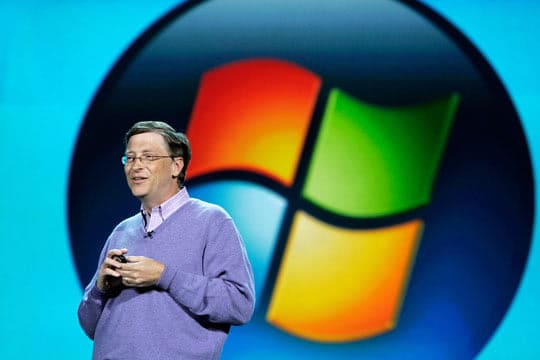
We take for granted these days that Microsoft will always provide new versions of Windows and Windows Server, that Google will always provide world-leading search and that many other companies will just be there for us in perpetuity. After all, look at the big names like Coca Cola, Ford and and more that have been with us for a hundred years or more. Only when it comes to specific websites such as Facebook do we accept that their candle may burn out quickly.
But the technology market is different, and in the last three years we've seen it take on a whole new dimension where Windows is no longer the obvious operating system choice, and where comparisons are increasingly being made with IBM. On tablets, a market that Microsoft invented back around 2003 they're going to have a real fight on their hands, and in computing generally it's no longer clear what devices and form factors we'll be using in even five or ten years time. What is obvious however is that the traditional desktop PC is well and truly on its way out. Lastly new operating systems such as iOS, Android and WebOS have blown away the notion that people will resist a learning curve on new devices. So what would the world be like if Microsoft stopped making Windows desktop and server products?
There has already been talk that Google would like to bring Android to the desktop. HP said the same of WebOS, which they are still developing or at least maintaining, and could put extra resources back into quickly. Ubuntu Linux is now at least as friendly as Windows XP was, only the lack of big name software for the platform is holding it back now and Apple's OS X is becoming more like iOS with every release. So it's already clear that there's plenty of choice.
We might also expect an open-source upstart operating system to appear too and it might even be a reinvigorated WebOS. Companies such as the Mozilla Foundation might see an opportunity as their Firefox browser begins to fade in popularity, and this is just one of several places where a new operating system might emerge.
In the business space, some of the GNU/Linux companies including Red Hat, might jump in with versions that will run Windows programs on the desktop. This isn't new and has already been done with operating systems such as Lindows (later renamed Linspire). This product still exists today and could prove popular with businesses if Windows 8 and Windows 9 fail to deliver the working experience that they need.
Again it's very unlikely that Microsoft will cease development of Windows in the next twenty years at least. If they'd have done it even five years ago there would have been almost no alternatives to choose from. Should they do it now though businesses and consumers would probably just shrug their shoulders and quietly move on to the next big thing.
Advertisement
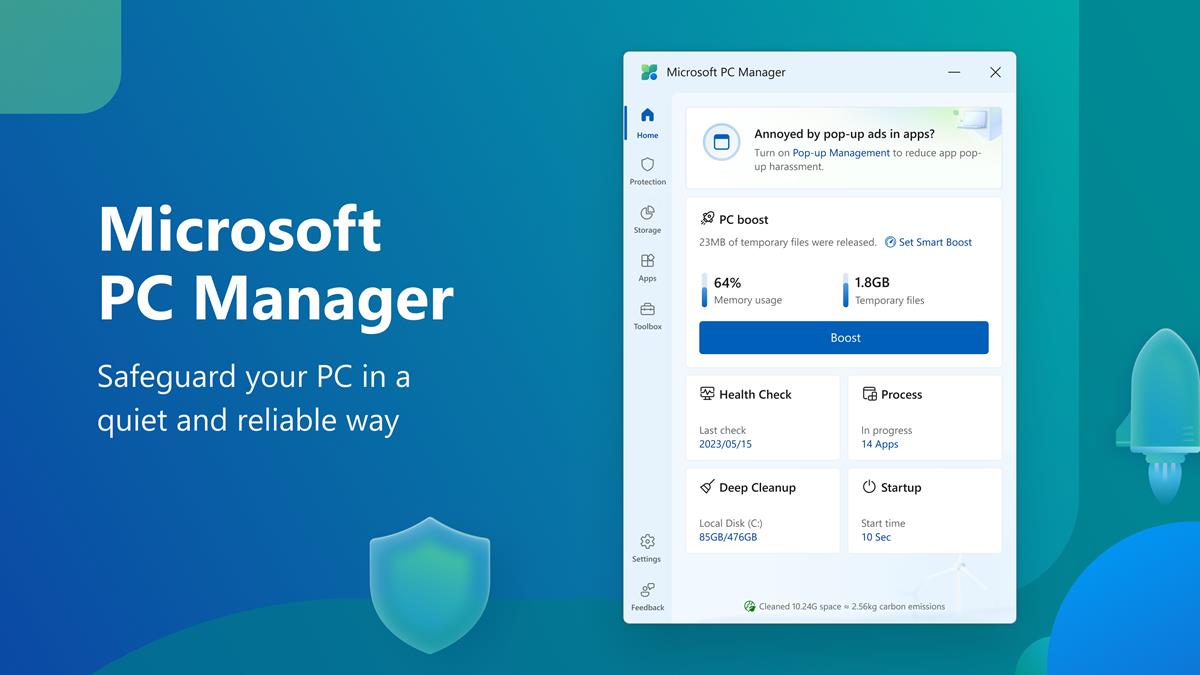

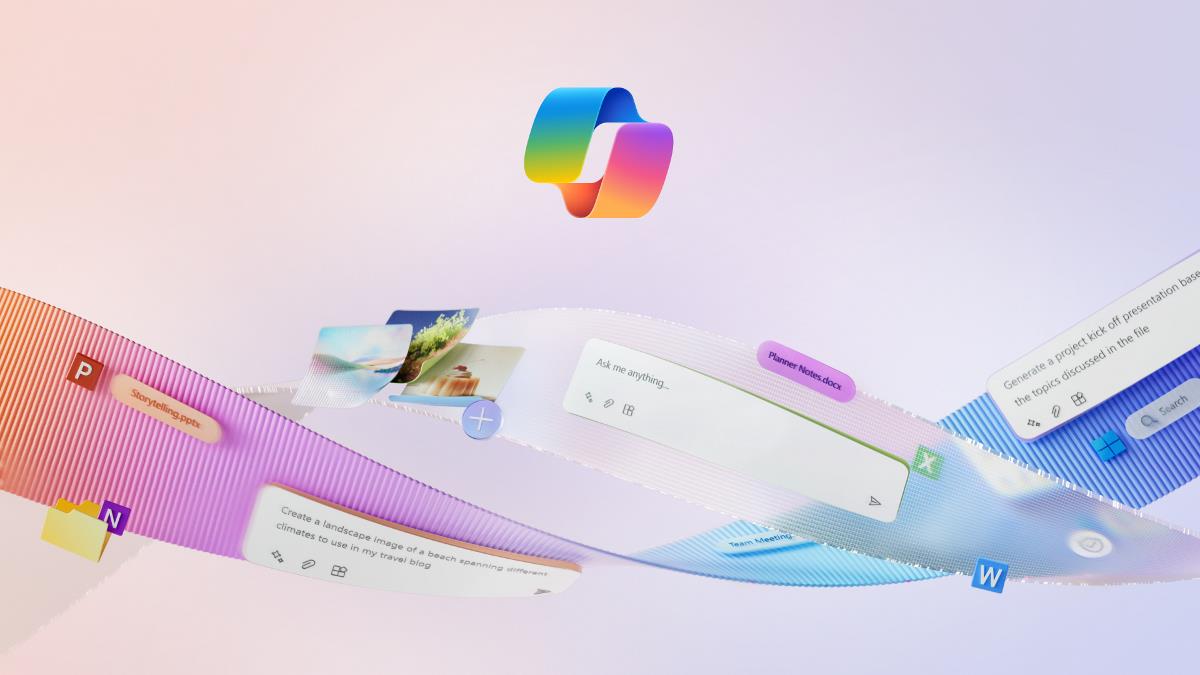
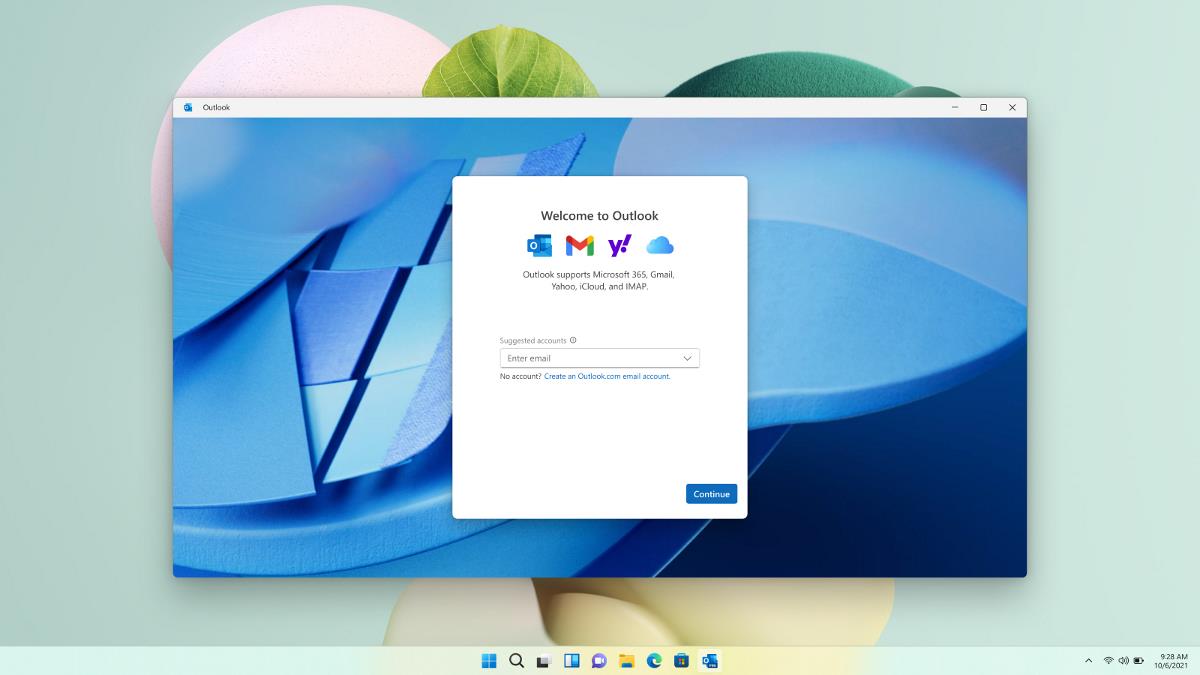


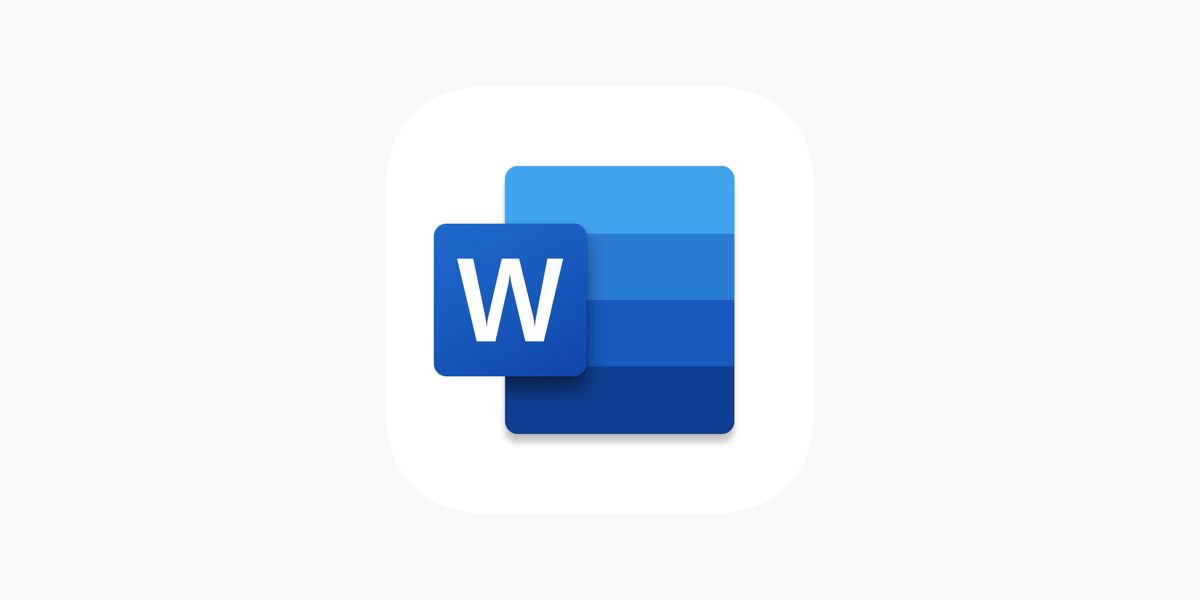
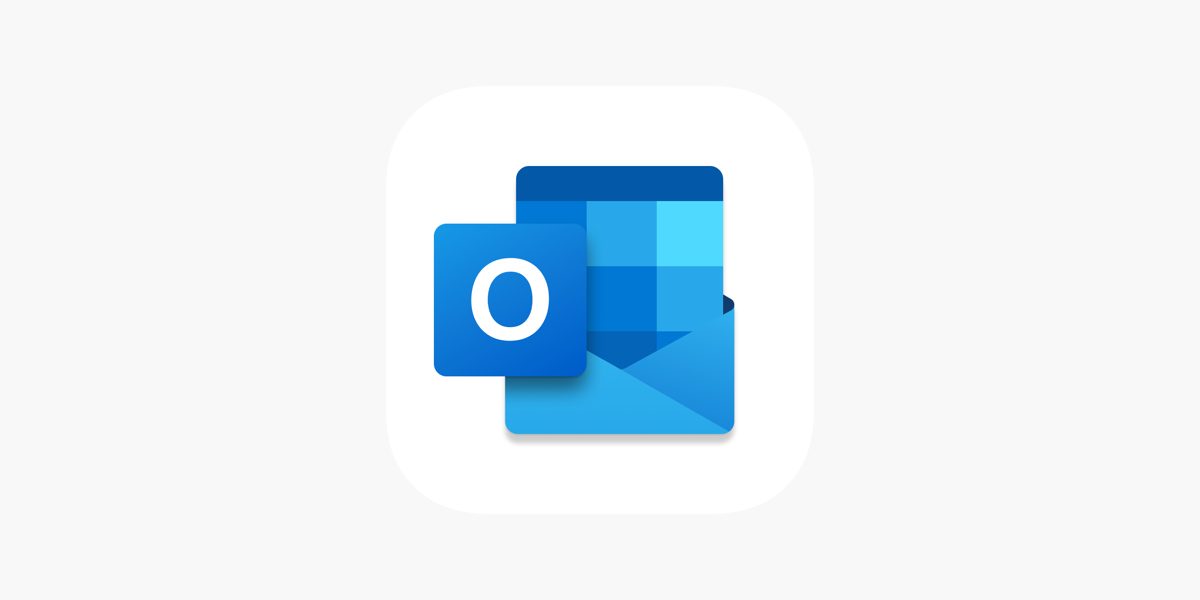












A world without Windows would be a world with less choices, so it will be a worse one…
I don’t agree. A world without Windows would be a world where people would realize that there are plenty of alternatives. So instead of going with the flow they would make a choice. Now they don’t even know there is a choice.
While that may be true for the individual computer user, it is not true from a global point of view. If you take one away, you end up with less choice.
Windows 8 is a transition OS between the old GUI to the new Metro. If Windows 8 fails , Windows 9 which is ALL touch Metro (no old GUI) won’t see the light of the day.
Hmmm. I feel like running out and purchasing all the desktops I can find.
I like working in my home office – alone. Not hooked into, or dependent upon the internet. Don’t do social networking. Don’t want to type with my thumbs, or get my exercise making gestures on dirty screens. Don’t want to have to purchase expensive gadgets to do simple things like make a phone call or watch television.
The God of Commerce has you in his grip, people. :)
Yes, I know the world is moving on, but where it’s going it is welcome to go without me.
I couldn’t agree more. Desktops still have their place. Look at what HP did at this year’s CES. Granted, mobile is the burning space right now, but for serious work or gaming you cannot beat the desktop experience.
I think W8 will flop on both desktops and mobile. That would be not too bad for the desktops, but for mobile platform Microsoft has limited amount of tries to get it right left.
And the main issue is that very few are interested to develop both phones and apps for Microsoft. All hardware makers are either blackmailed using patents (except Nokia). For software makers, Windows is like 3rd or 4th choice for porting applications (after IOS, Android). If this does not changes, MS will have limited amount of things to show for consumer. And applications matter alot.
Microsoft is still a highly profitable company, and I do not see it going away anytime soon. What might happen though is that MS will pull another Vista with Windows 8, but that in itself is still not a big issue, considering that users will flock to Windows 7 instead. It all comes down to Windows 9, or whatever that operating system will be called. If they get that one right, there is no need to worry. I personally think that W8 will flop on the desktop and be somewhat successful in the mobile device market.
Two huge mistakes by Microsoft from last decade because of his negligence of seeing what phone and tablet could become has cost Microsoft greatly. But I still have to give them the credit that they have foreseen them long time ago, way before Google and Apple. And because of this, I have huge confidence that both windows phone and windows 8 are going to rock. Metro looks awesome, and Windows still have a bright future.